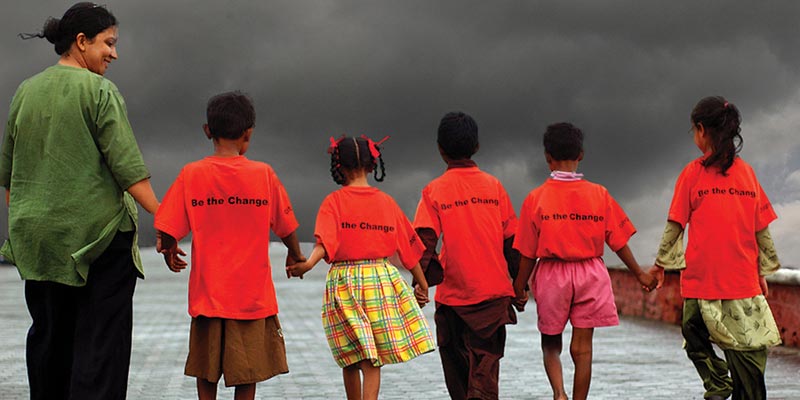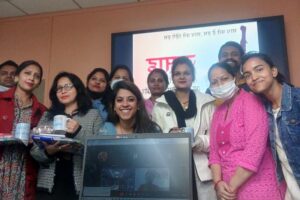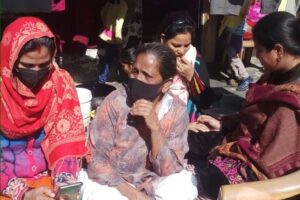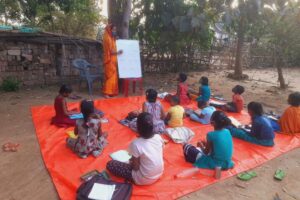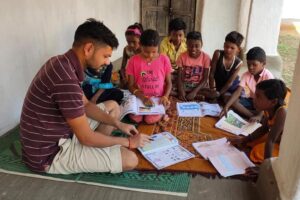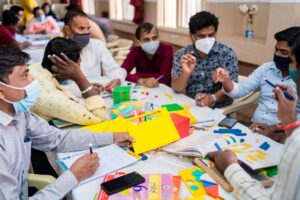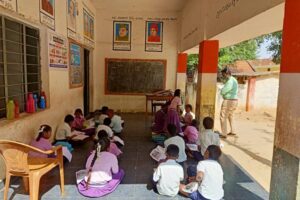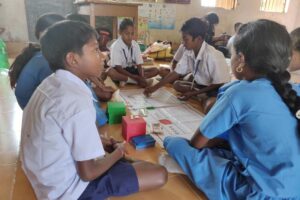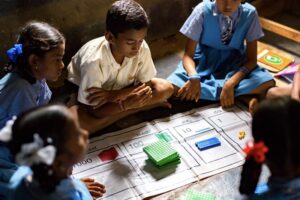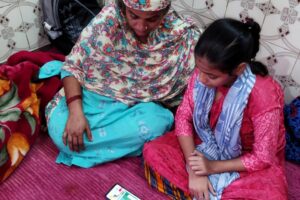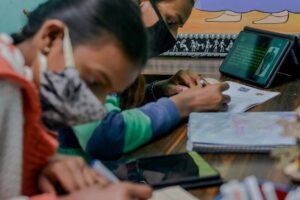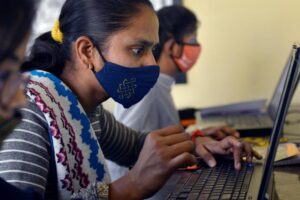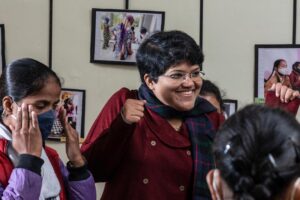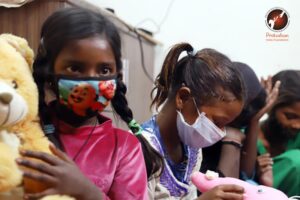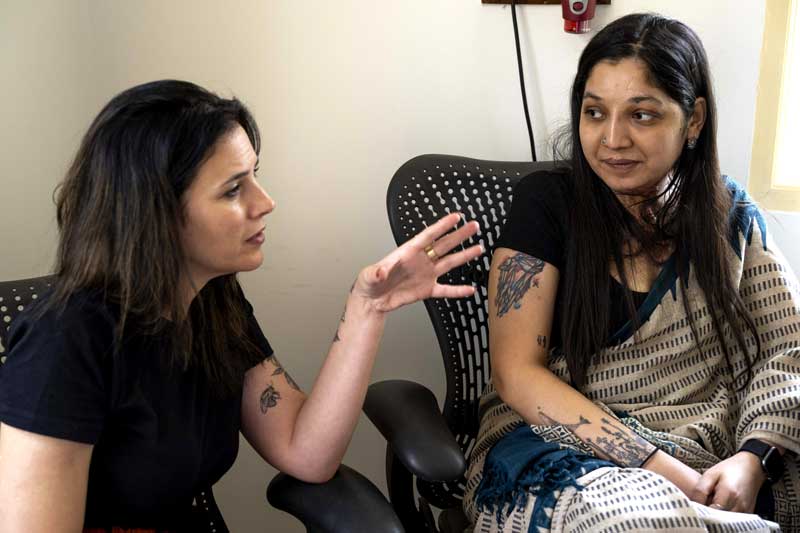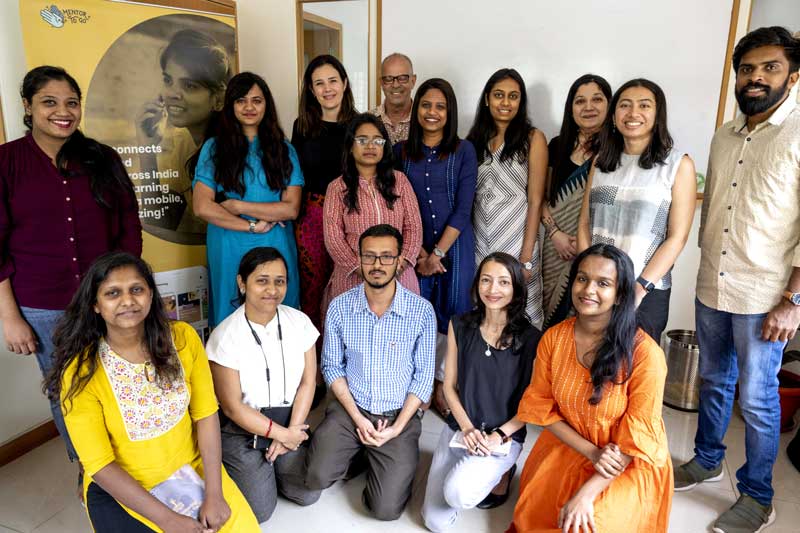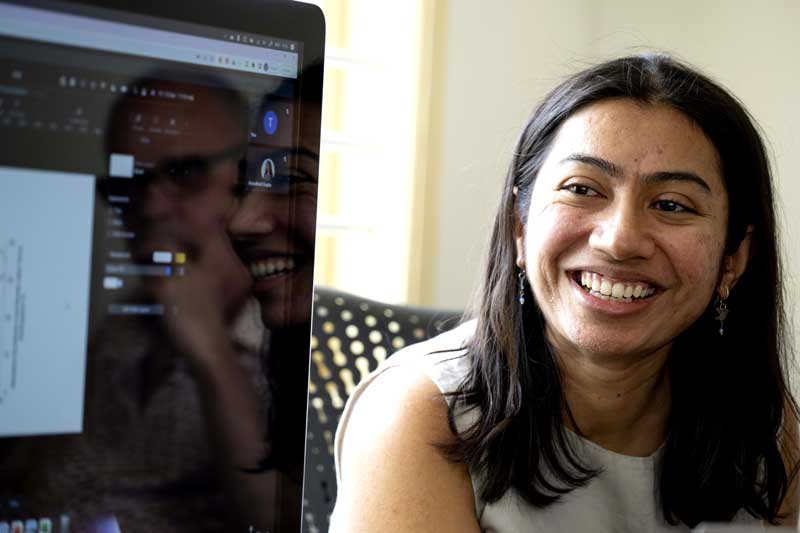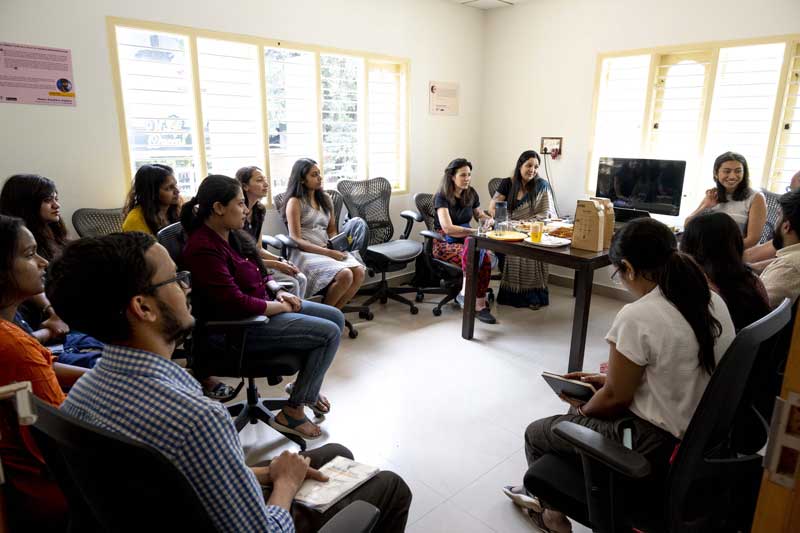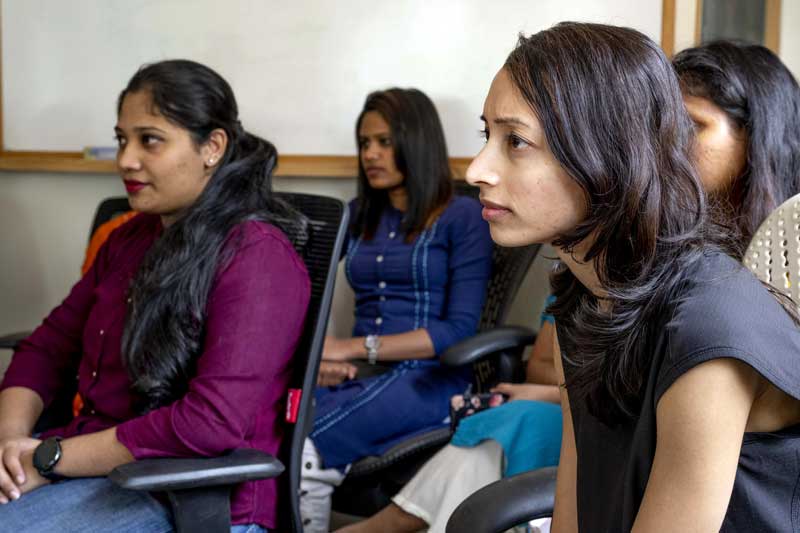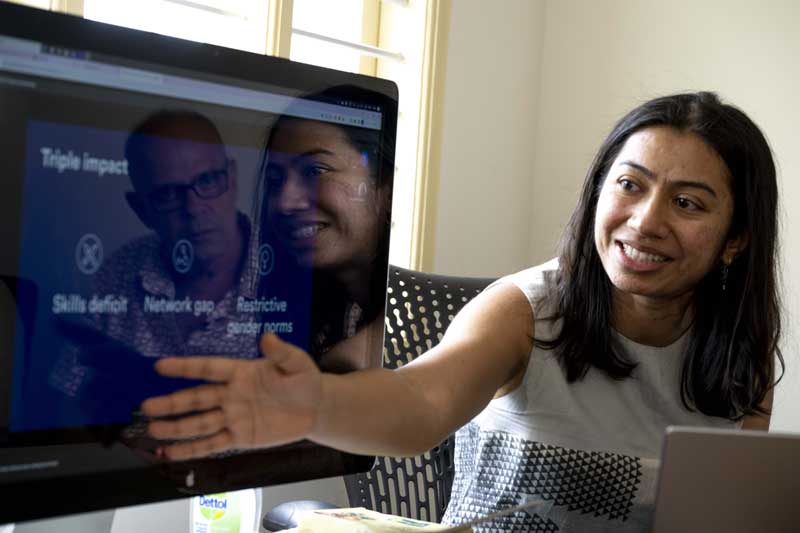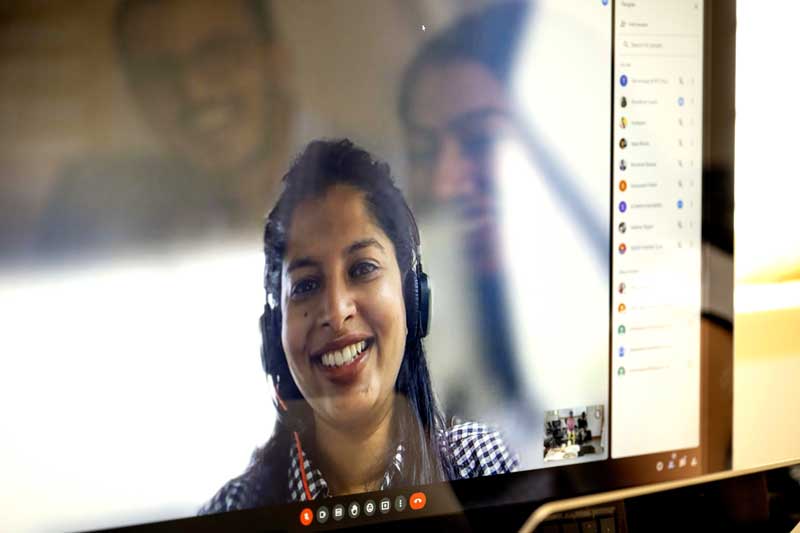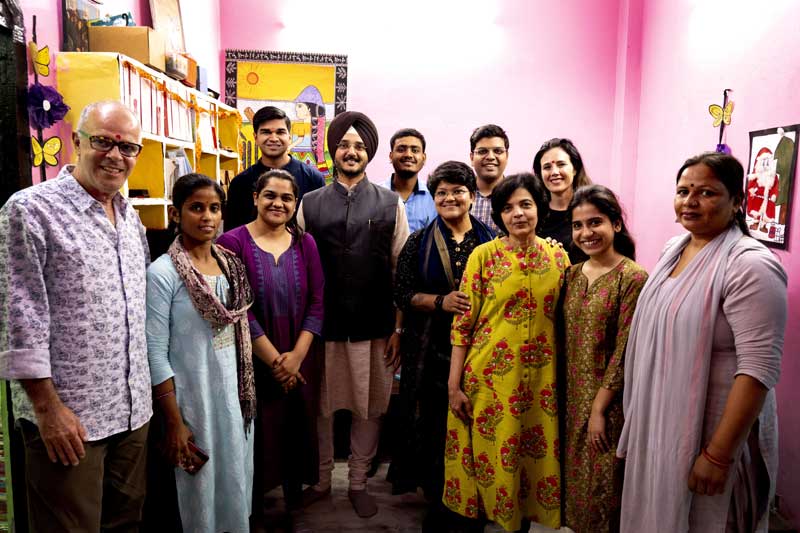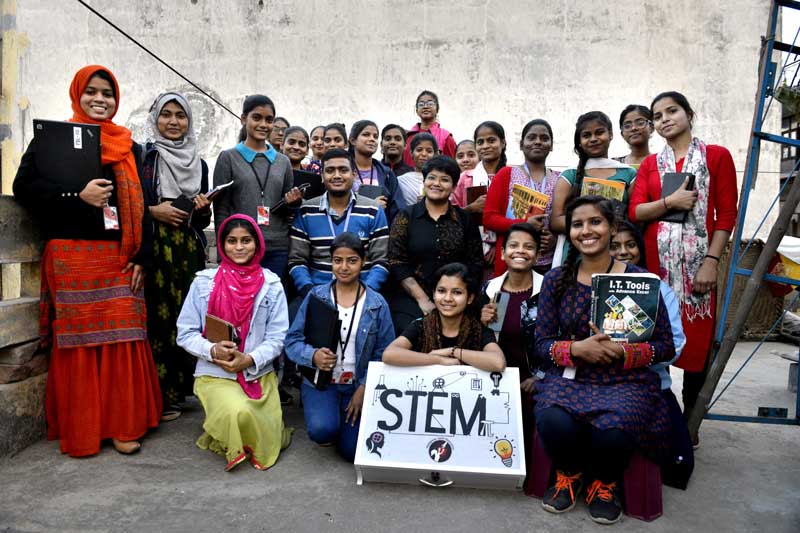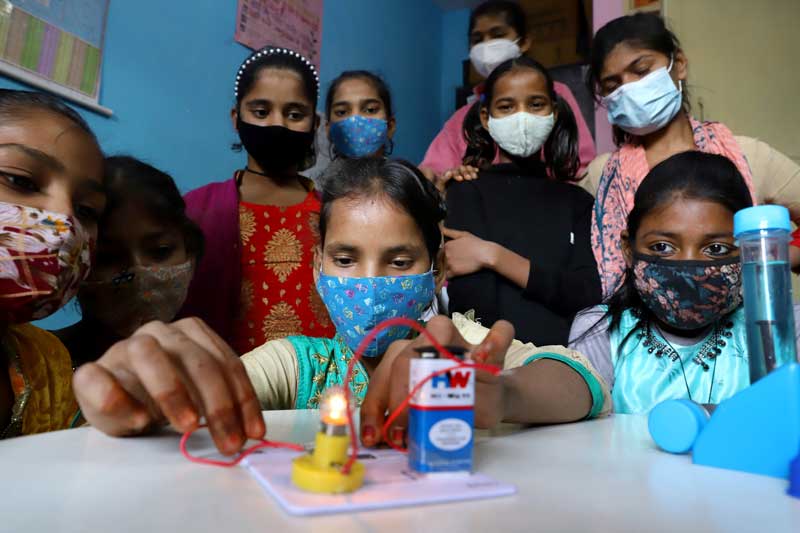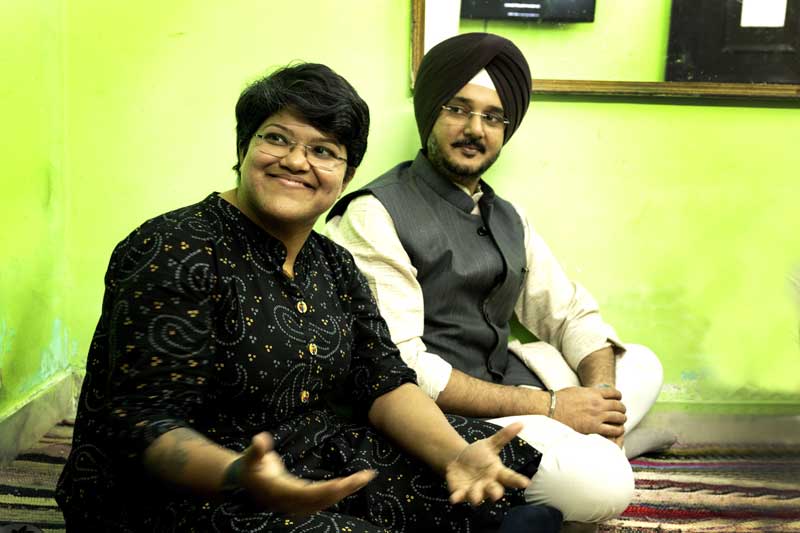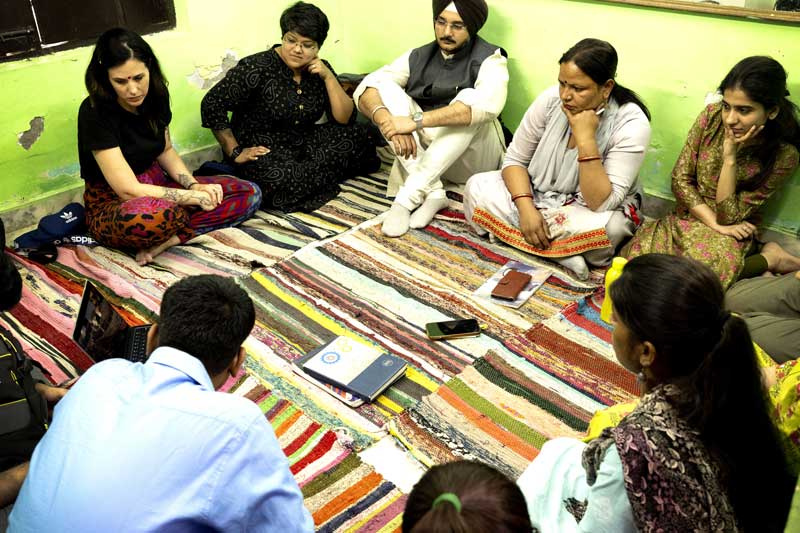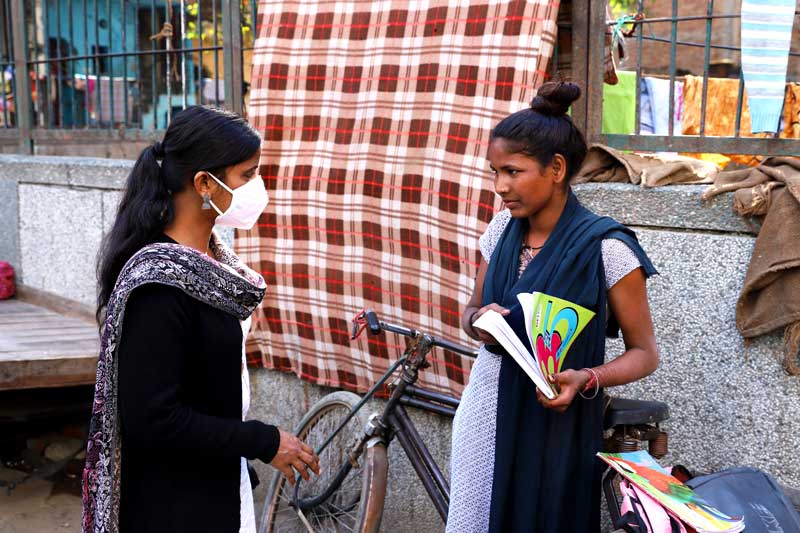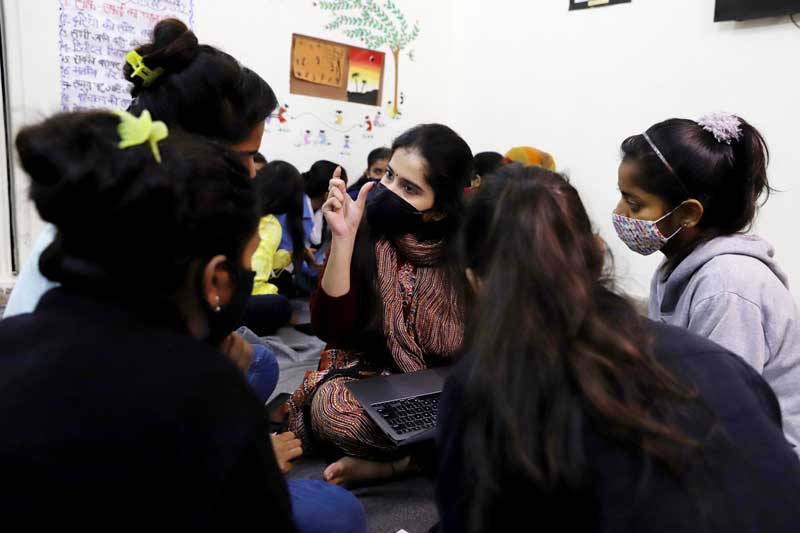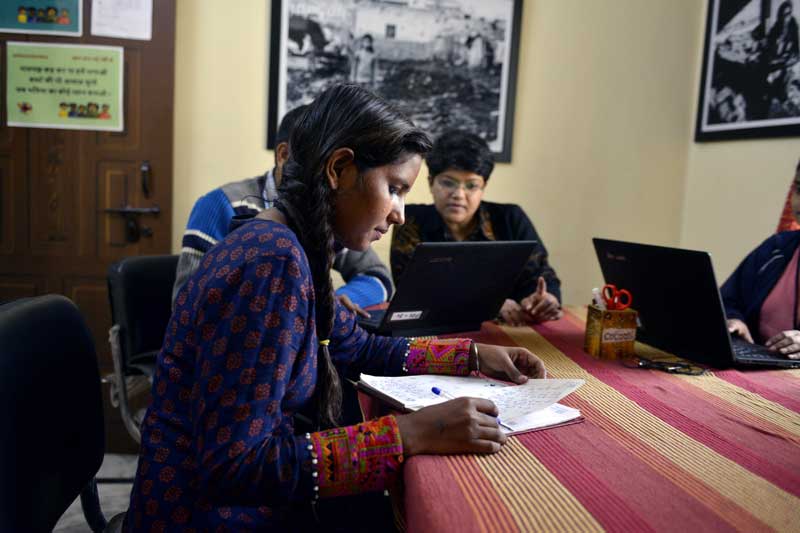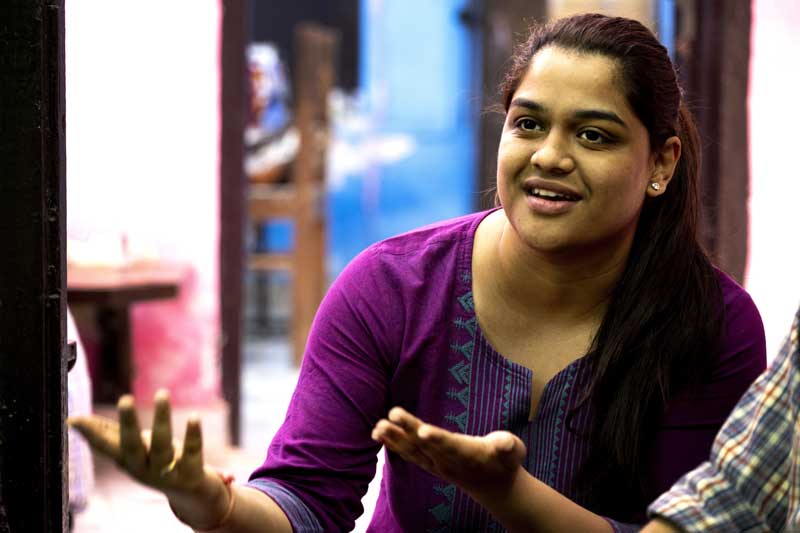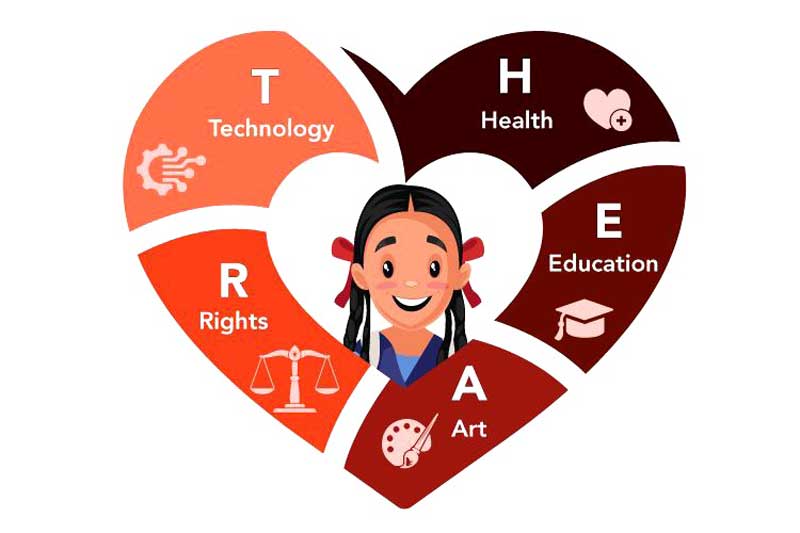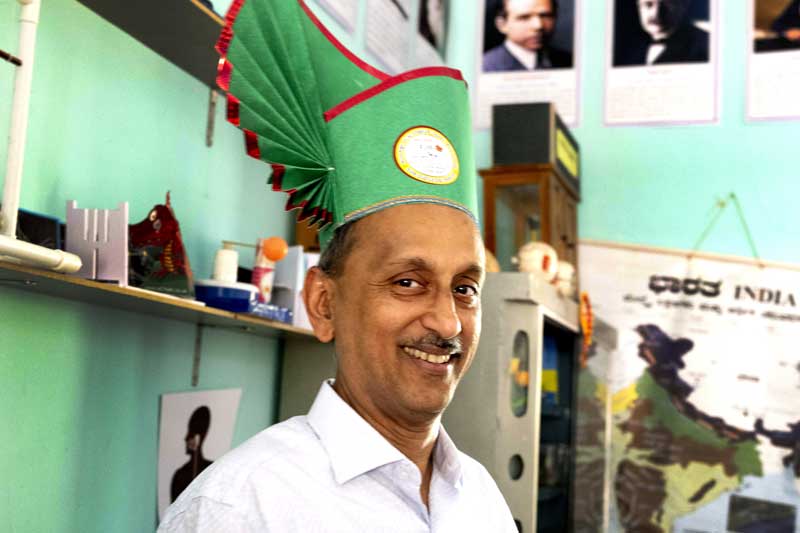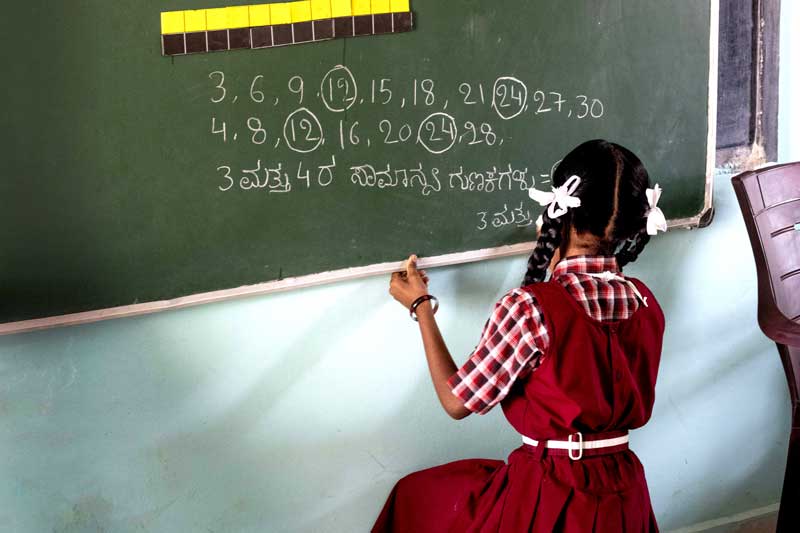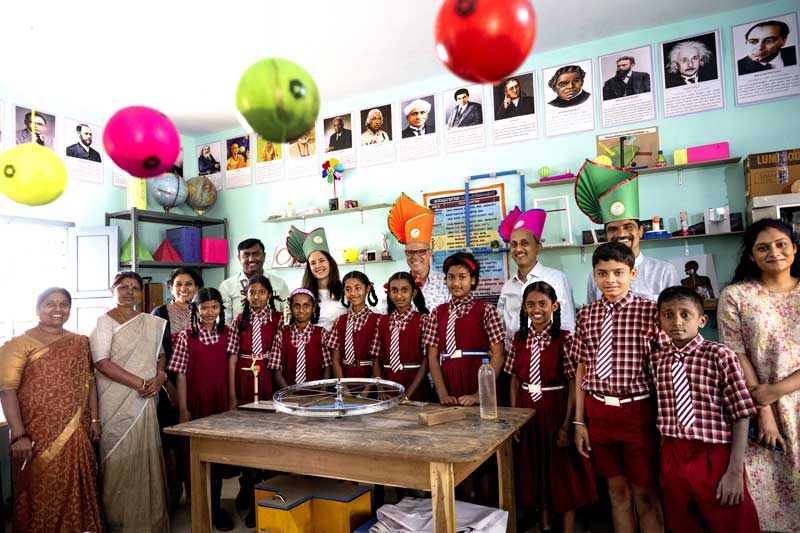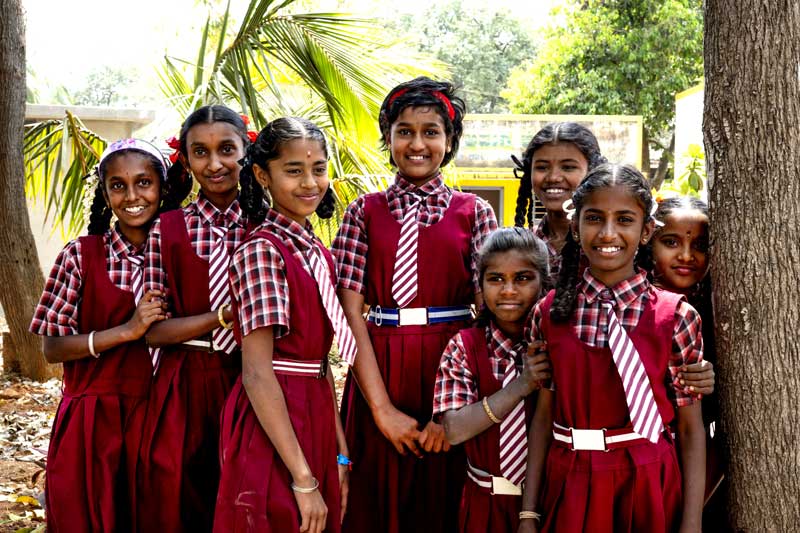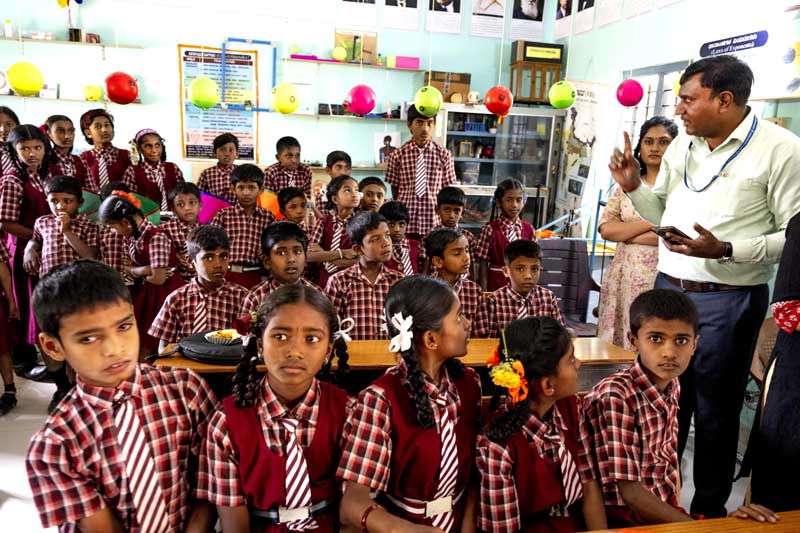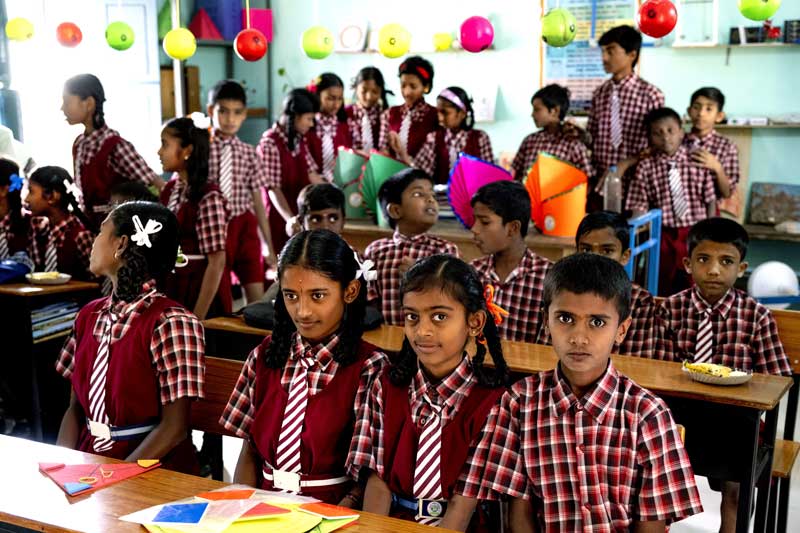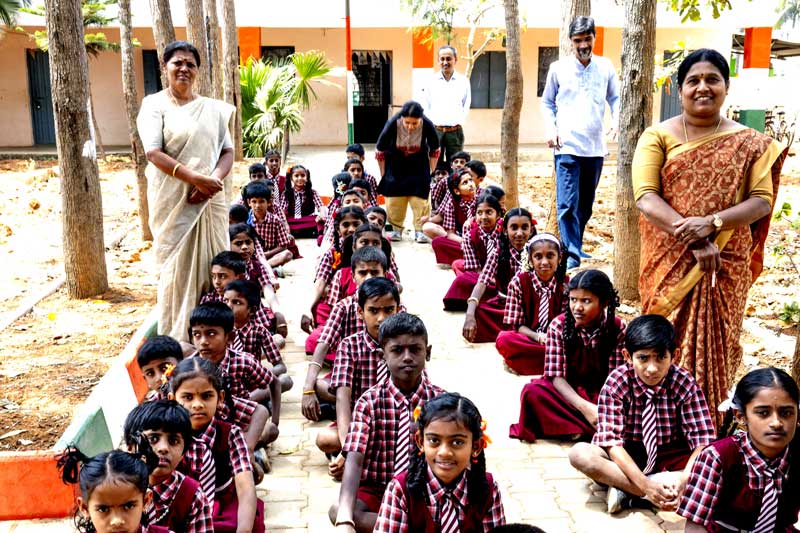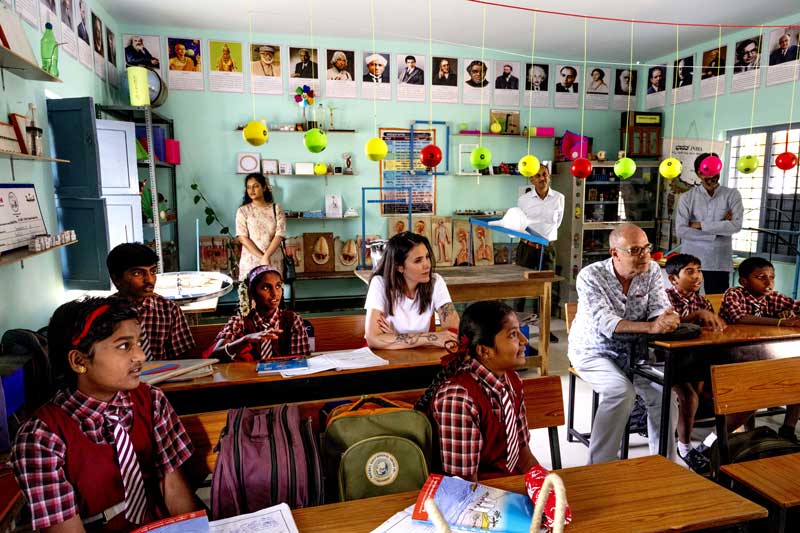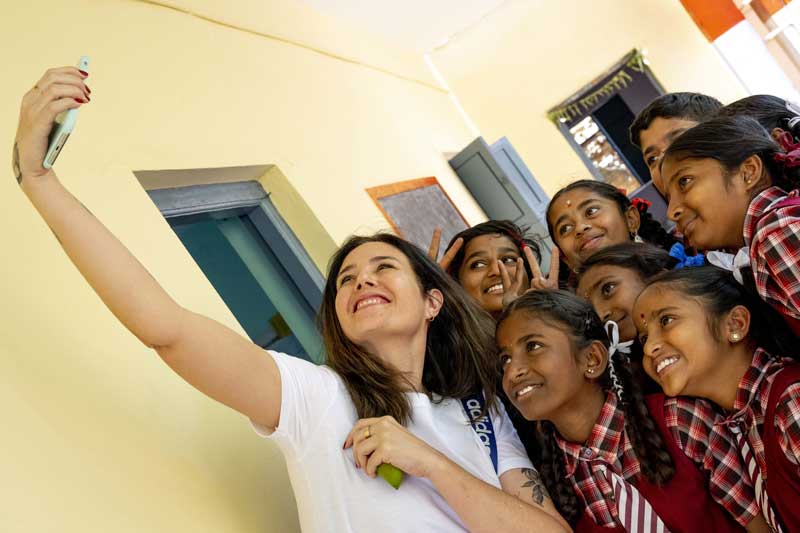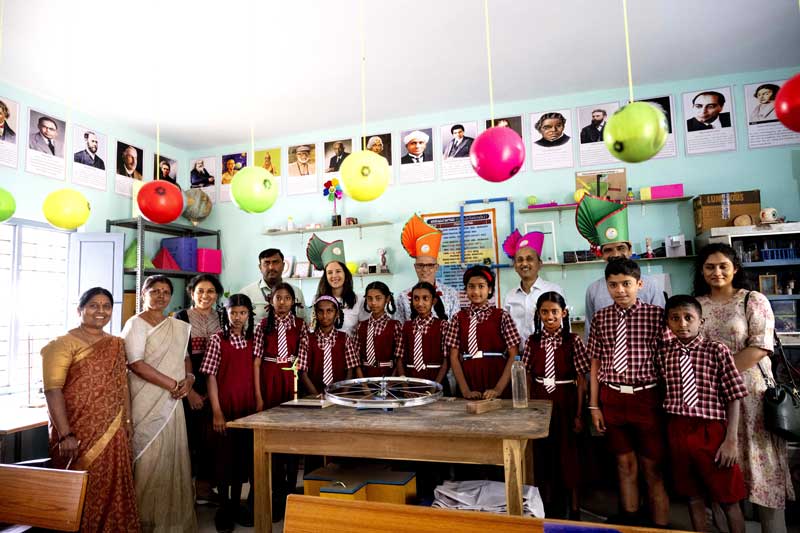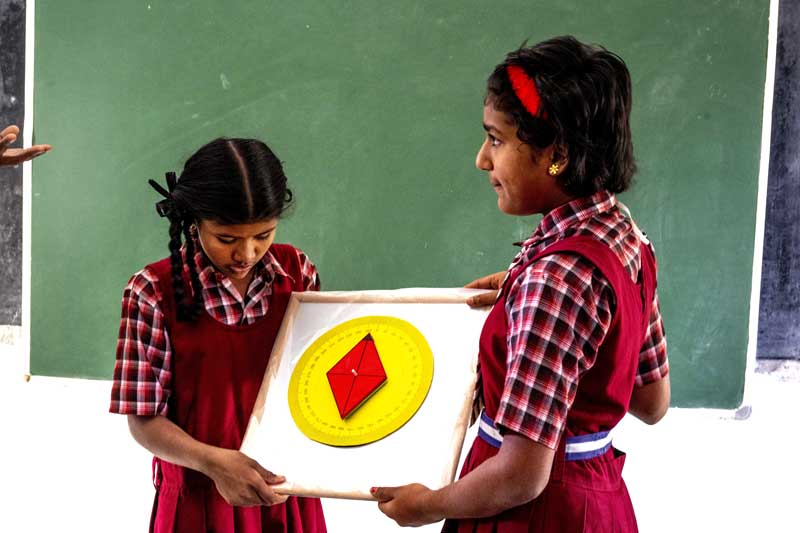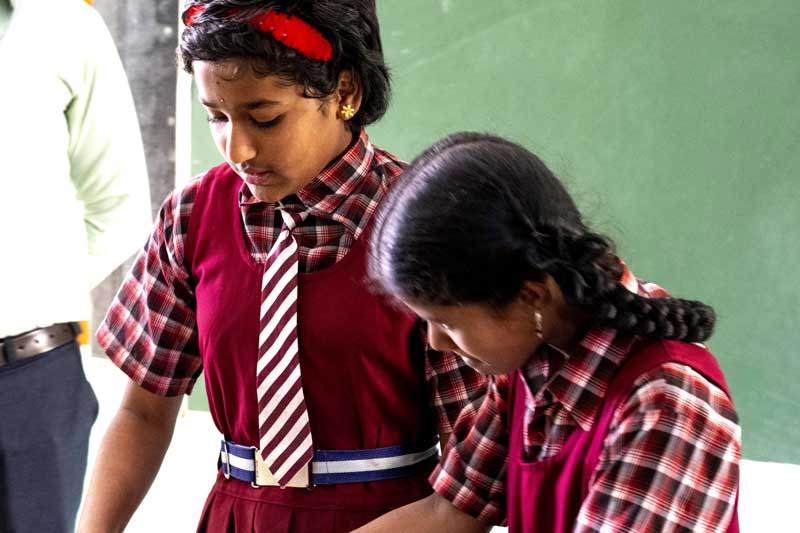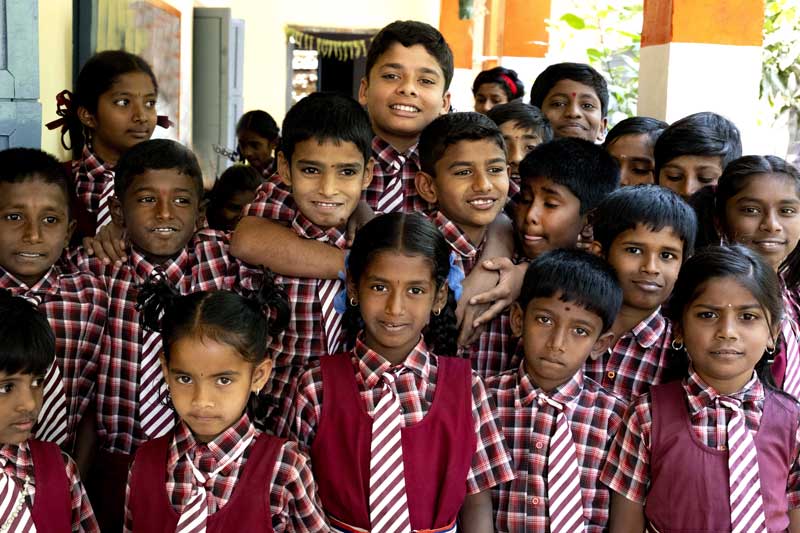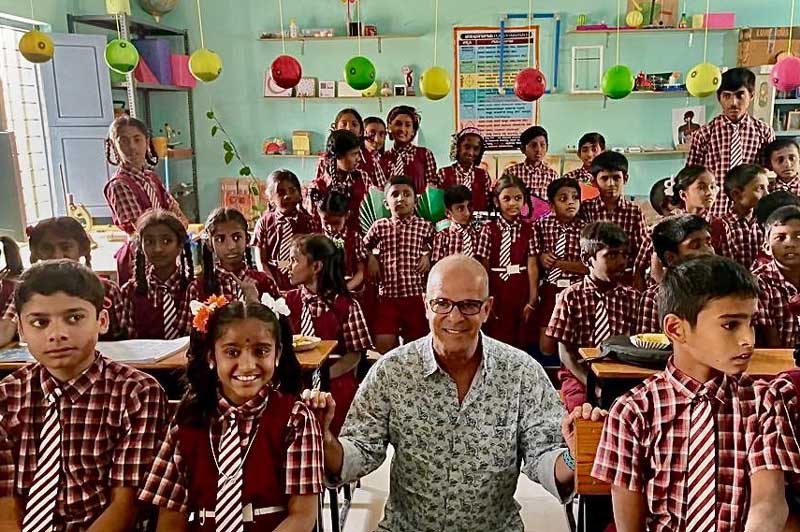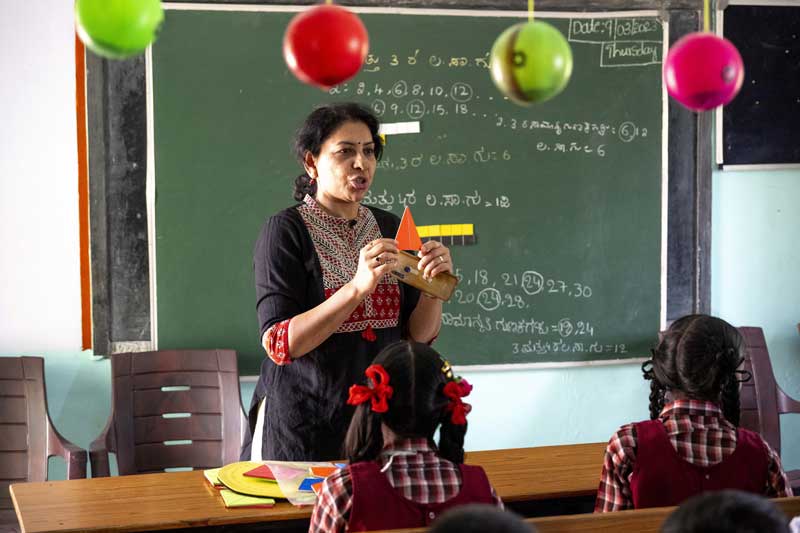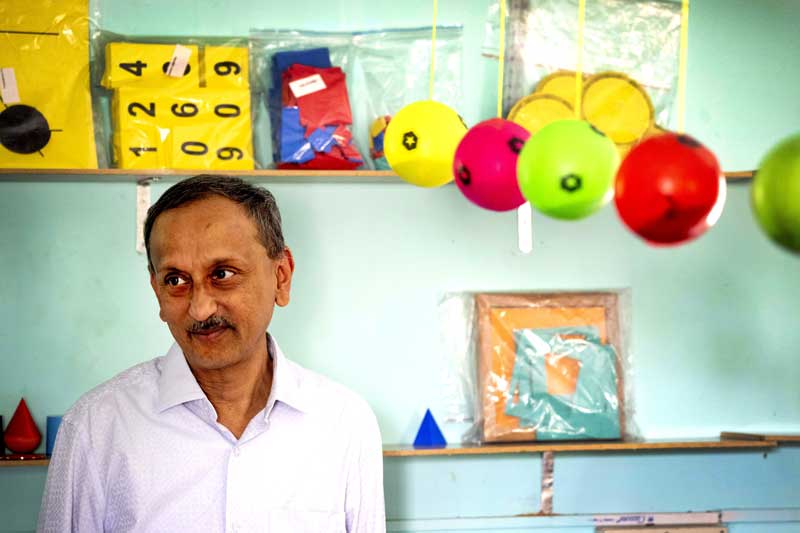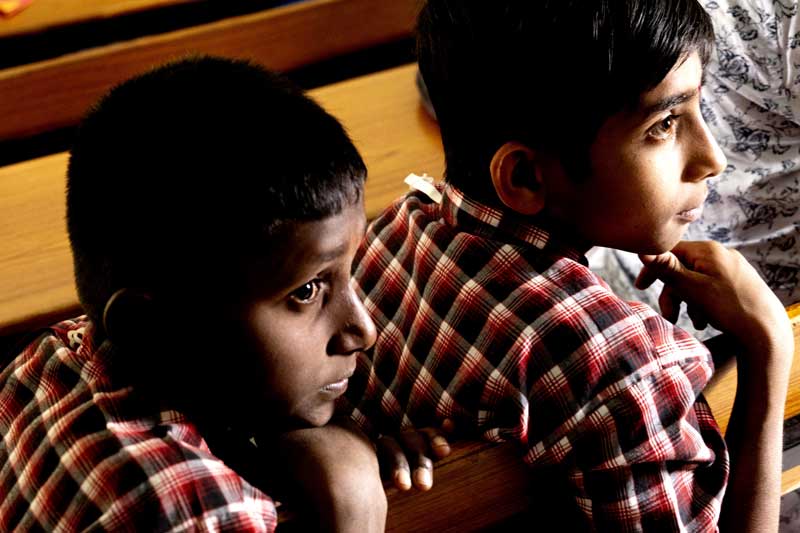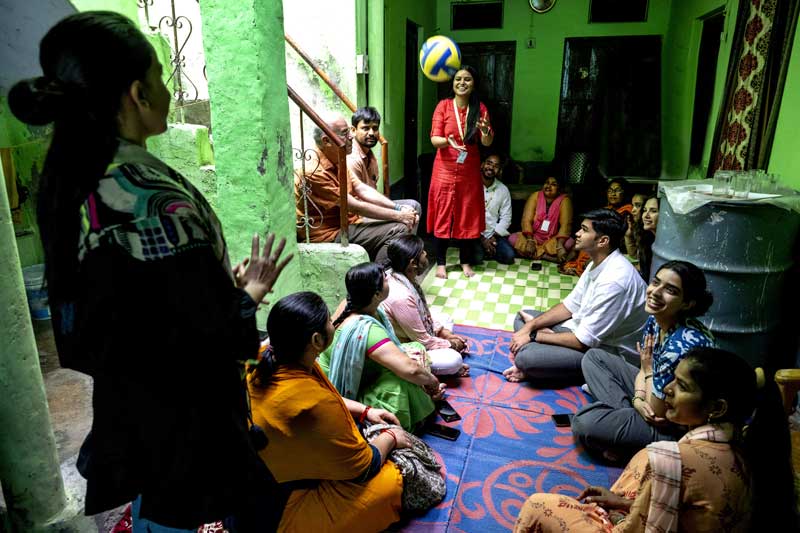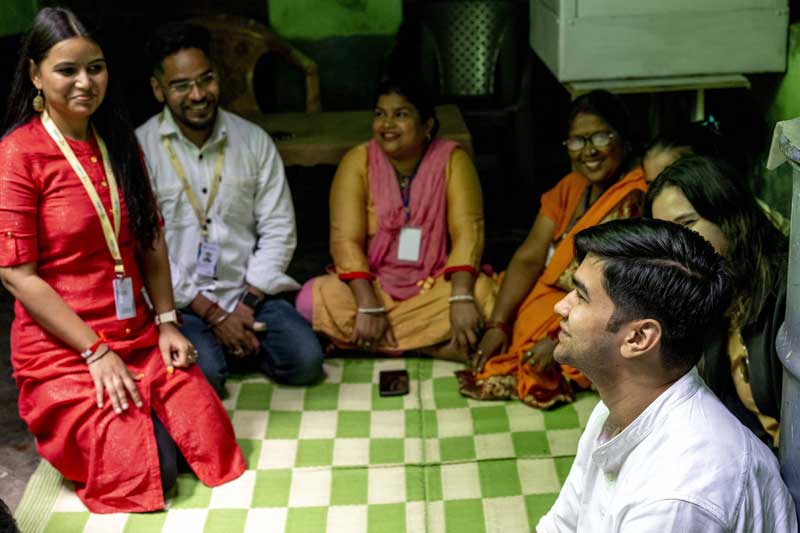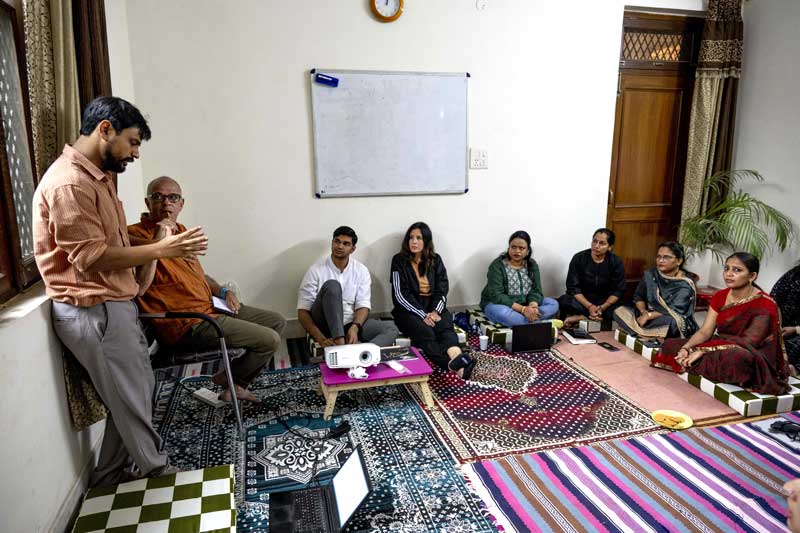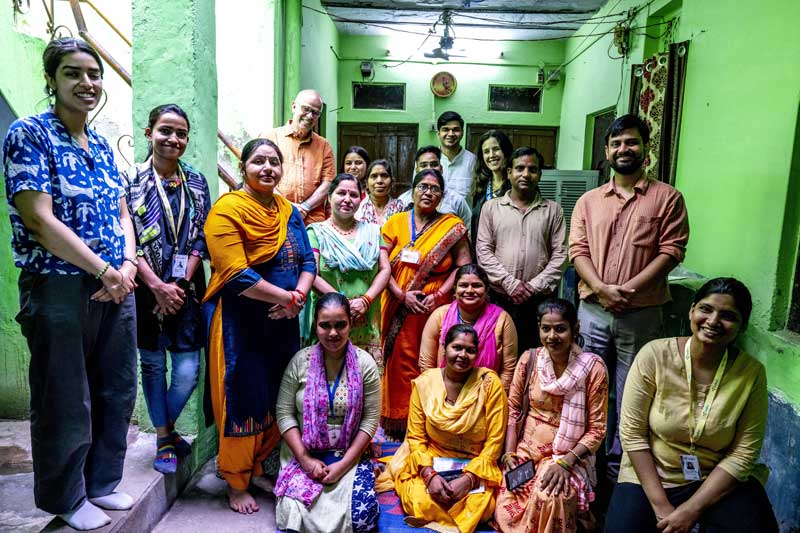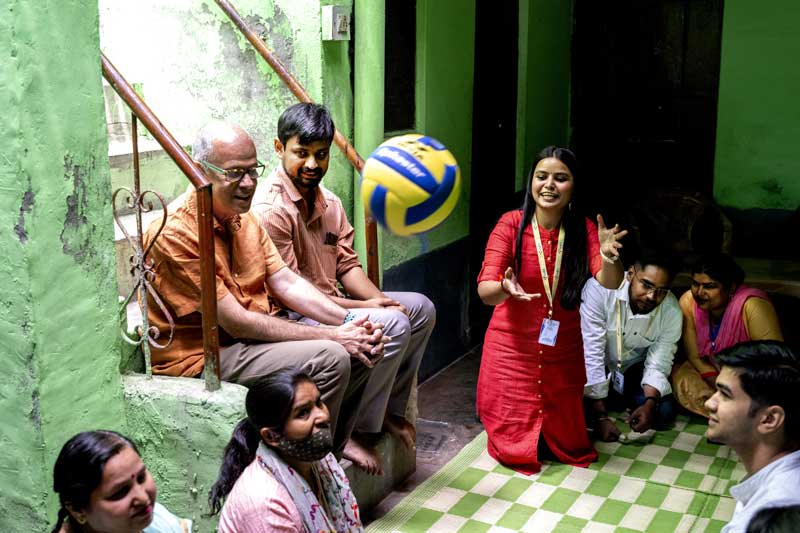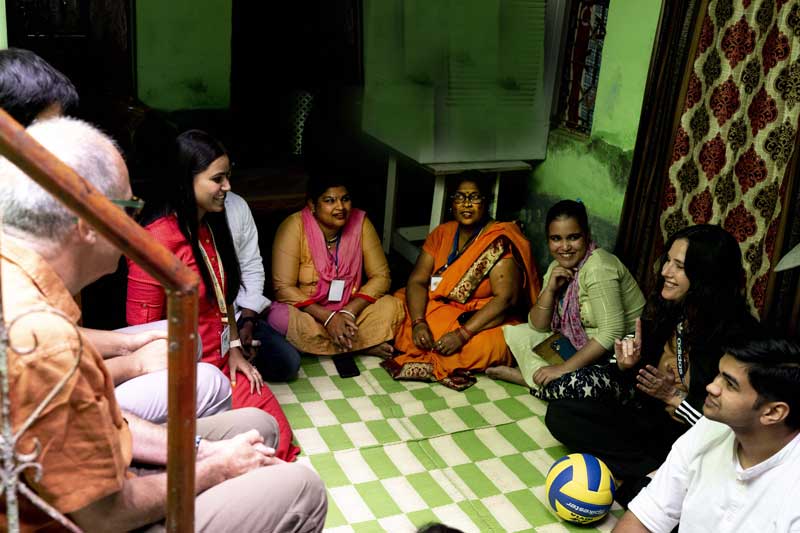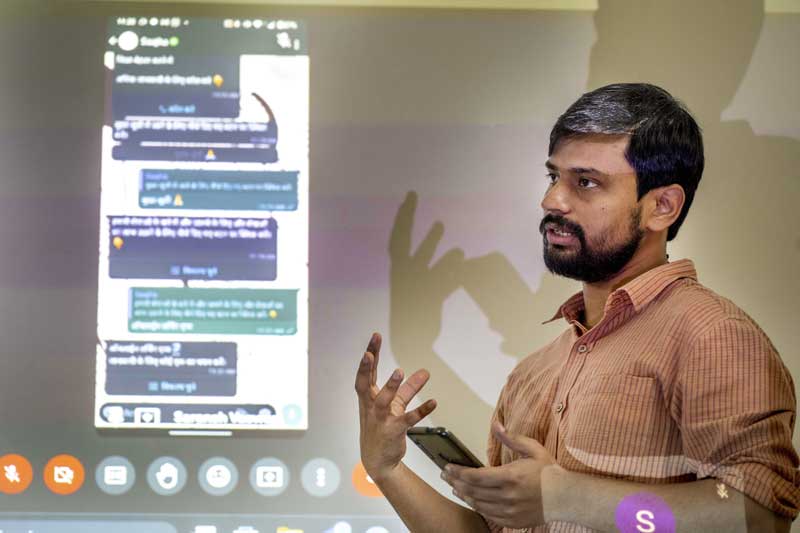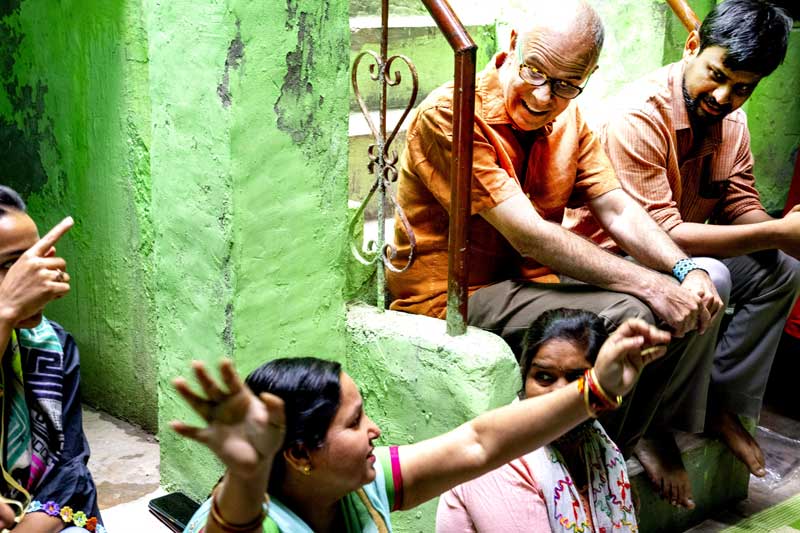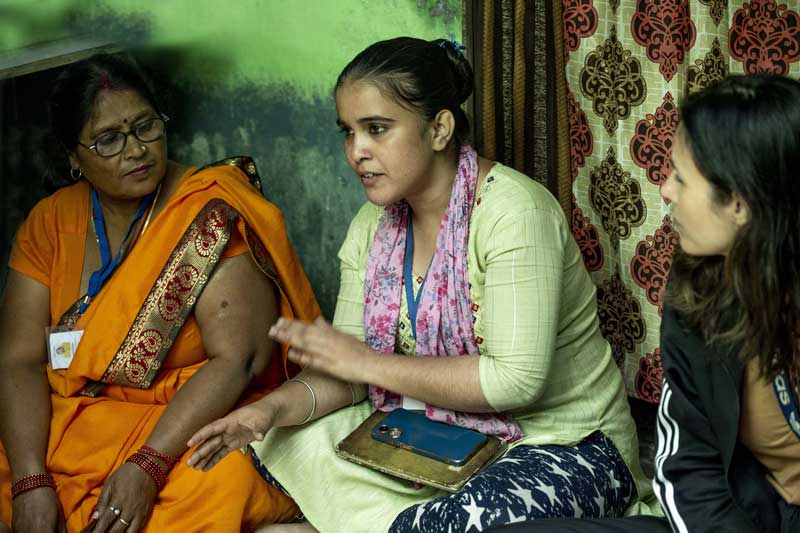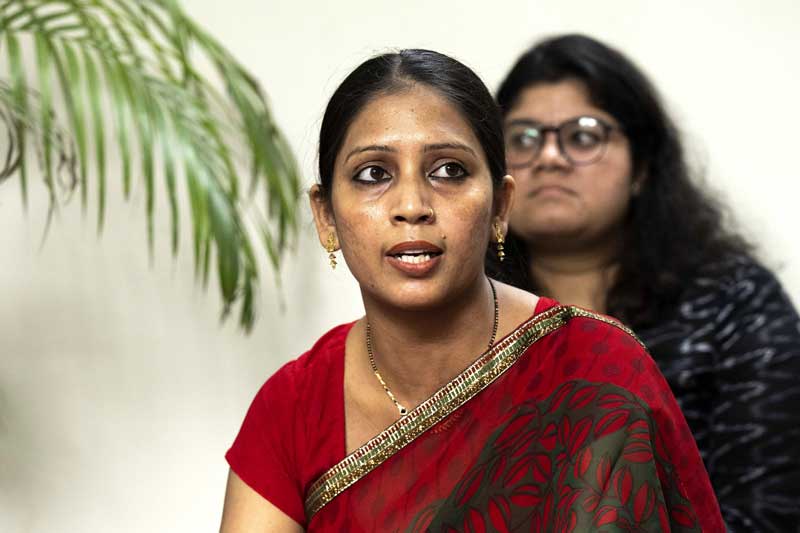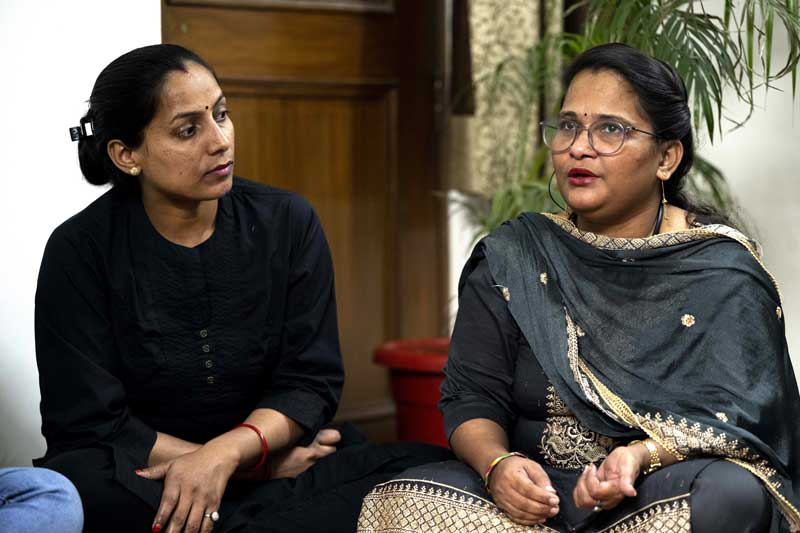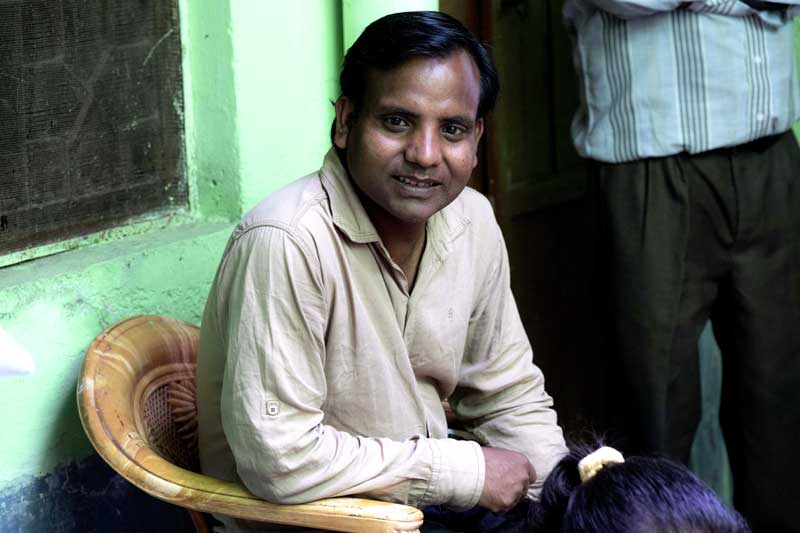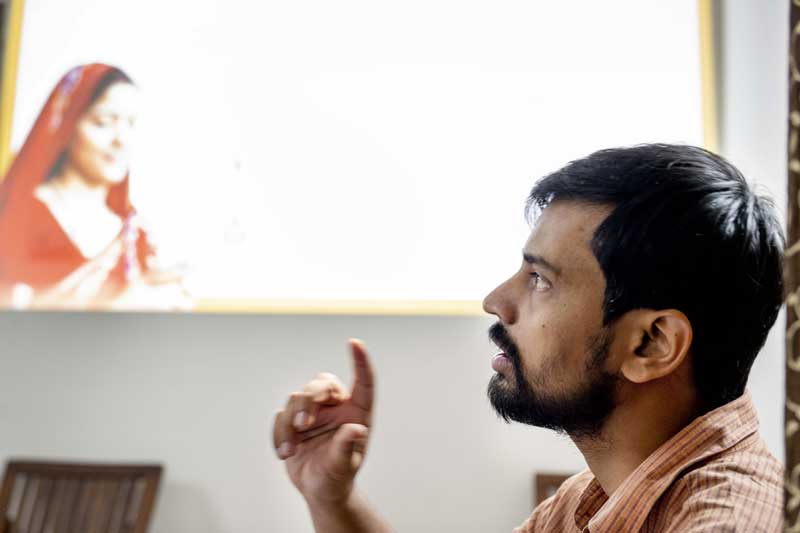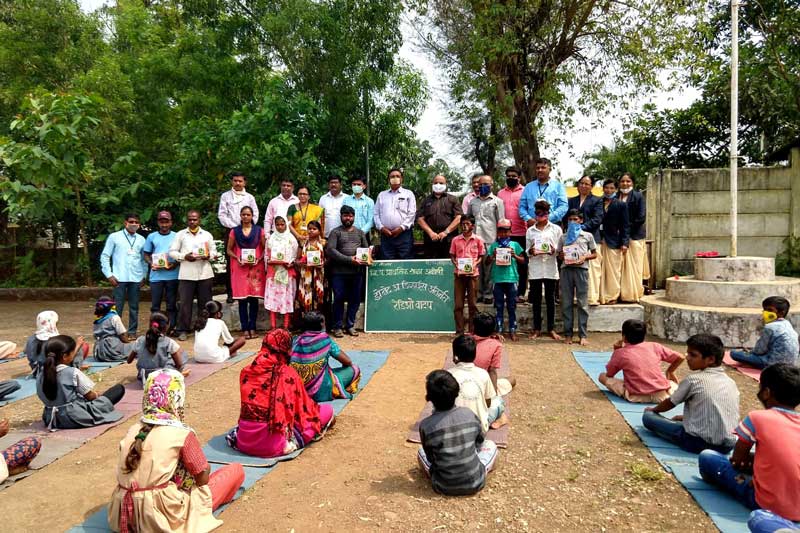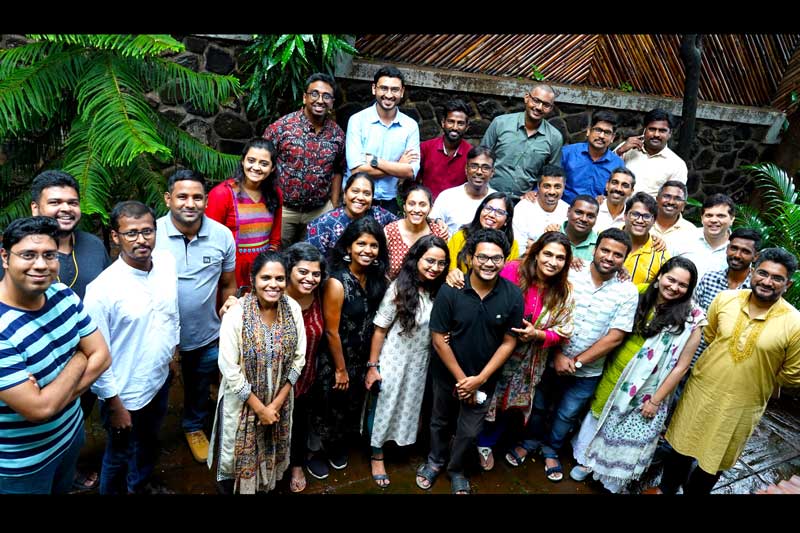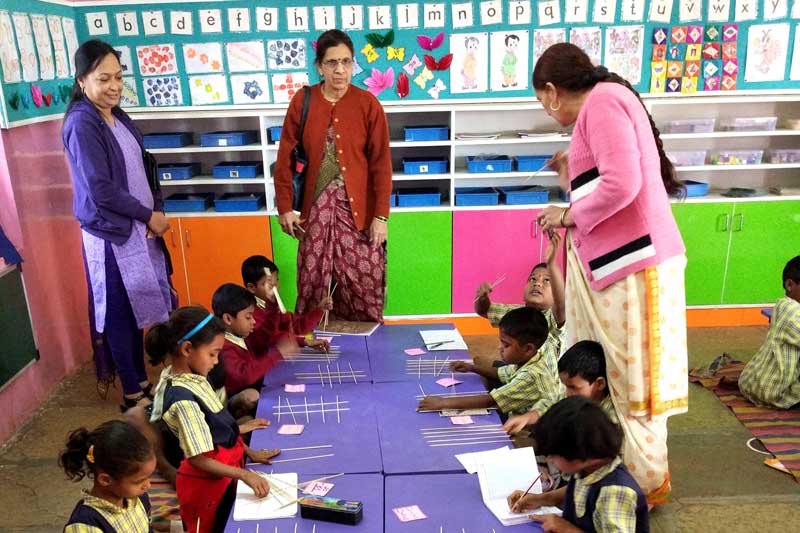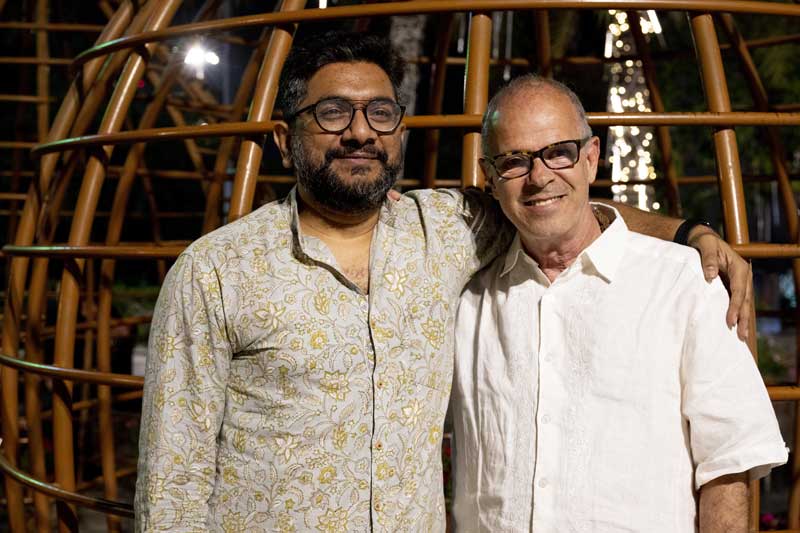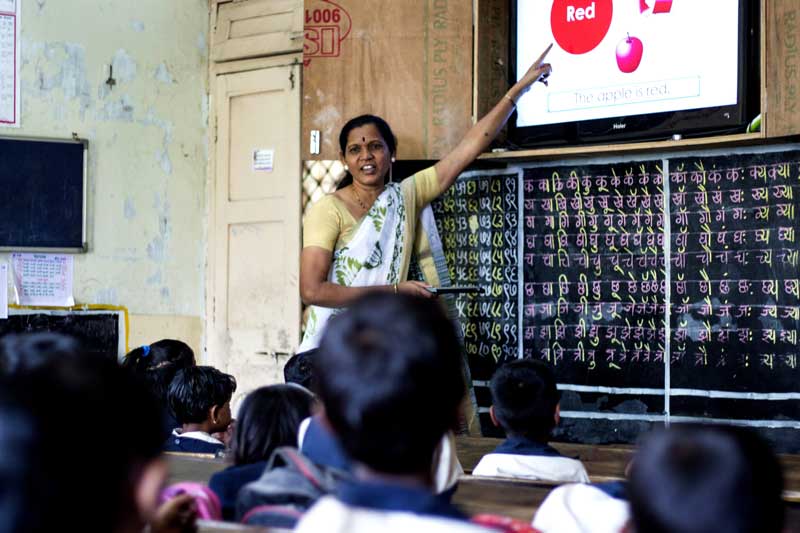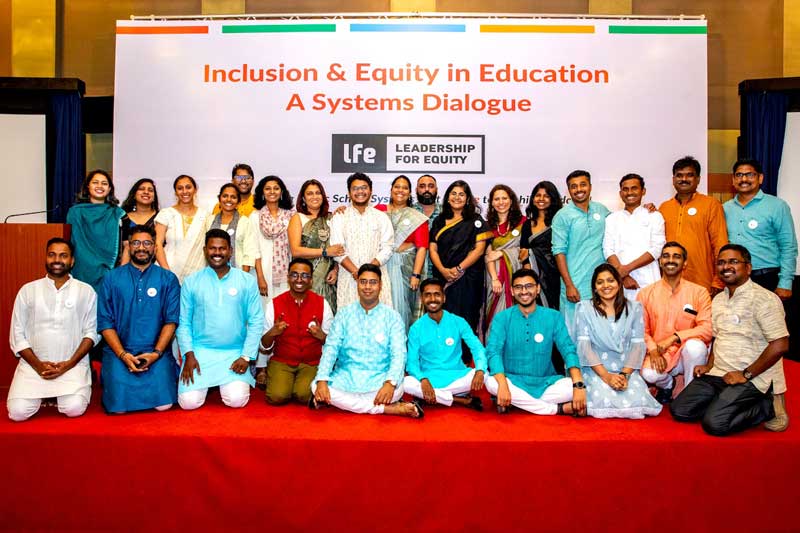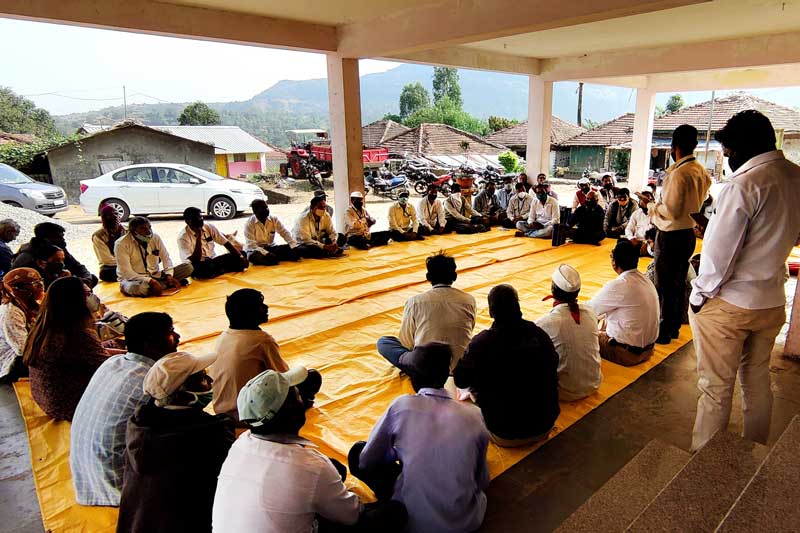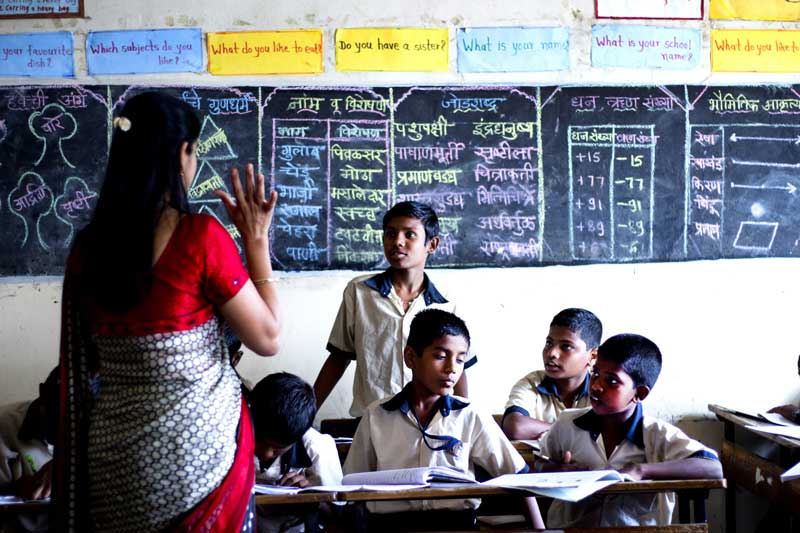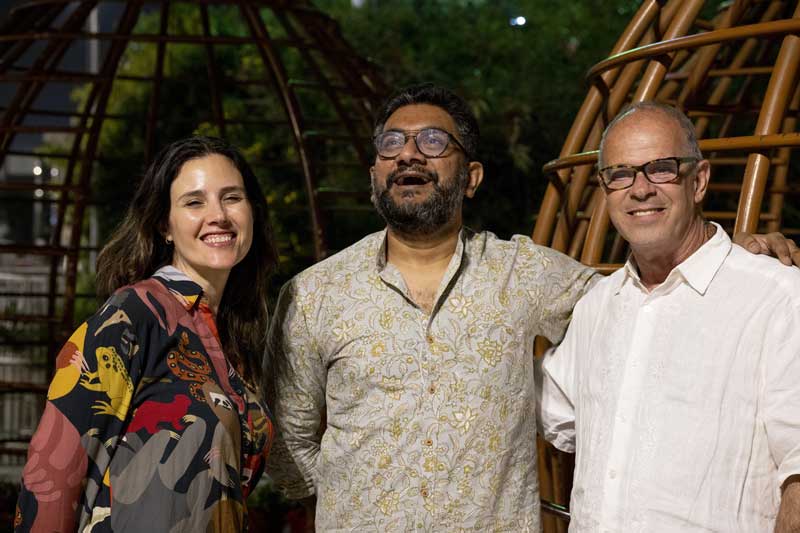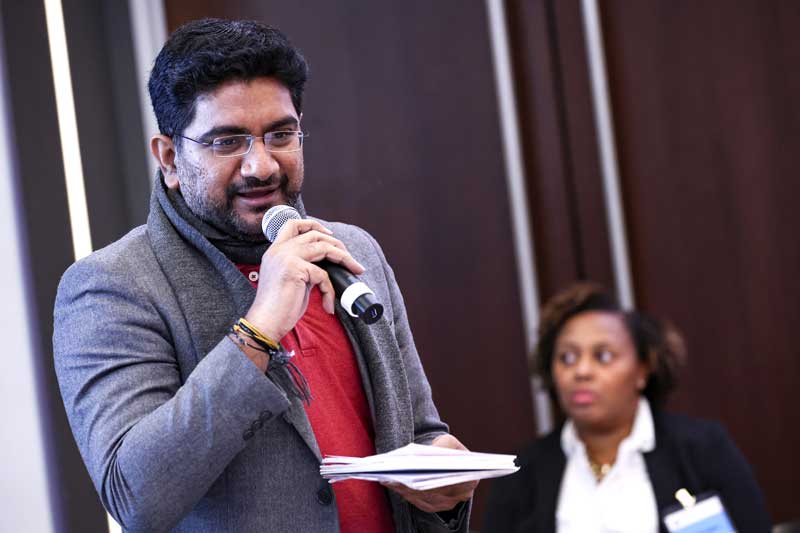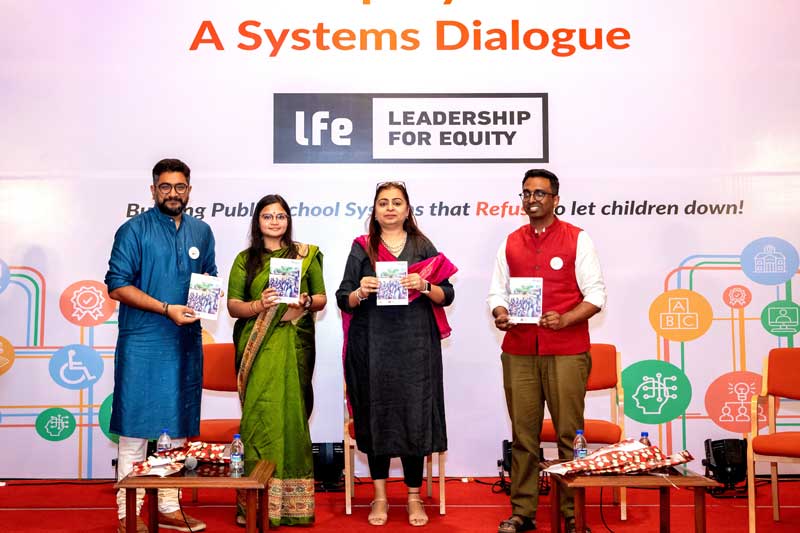The Alok Institute maintains an exchange with the Ashoka India network to give insights into practices aimed at creating a world in which everyone recognizes themselves as agents of positive transformation in society.
Ashoka, a global organization, promotes leadership, creativity and sheds light on the empathy of social entrepreneurs (Ashoka Fellows) so they can dedicate themselves to strategies that effectively, innovatively, and systemically address social problems.
In this context, we observe the empowerment of Ashoka India network and the journey of five specific Ashoka Fellows. All of them lead innovative social projects to address the country’s major challenges in areas such as social protection and inclusion, education, entrepreneurship, income generation, food supply chain, and social gastronomy.
Fellows:
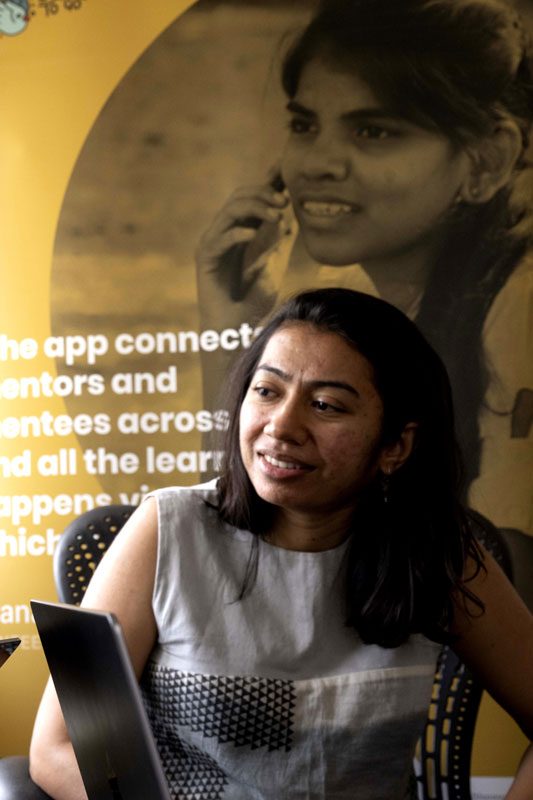
Arundhuti Gupta
Mentor Together
Mentor Together operates on a digital platform (interactive app) but distinguishes itself through personalized mentoring, with a priority on serving women, though not exclusively. It has already benefited over 15,000 university students by providing dedicated career guidance and emotional support through a network that involves thousands of volunteer mentors.
In addition to mentorship, the young individuals are supported in their career plans and in building and empowering their self-esteem, creating a broader and richer ecosystem throughout India, while also breaking the cycle of unequal opportunities.
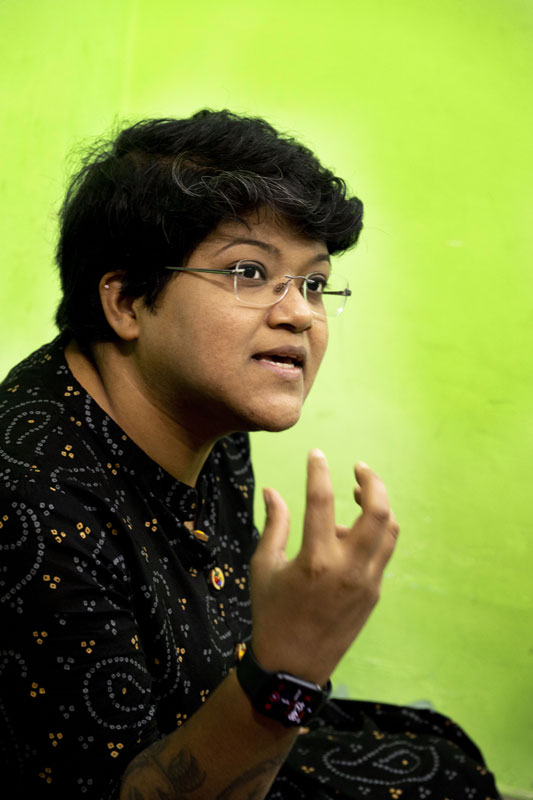
Sonal Kapoor
Protsahan Foundation
The reality for millions of girls in India carries a great deal of pain: violence, sexual abuse, early marriage and limited chances for education and employment.
The Protsahan Foundation is an organization working to find systemic solutions to eradicate violence against girls in India. Its project is primarily focused on creating a safer space for young individuals living in a state of vulnerability, enabling them to have greater access to education, health, and gender justice.
A social program has been used as an instrument to overcome these challenges. It’s called HEART, an acronym that reveals its holistic approach:
– H for Health
– E for Education
– A for Arts
– R for Rights
– T for Technology
Over the past twelve years, in collaboration with Indian and international partners, the H.E.A.R.T program has worked with 81,000 girls from vulnerable social groups by offering scholarships, training, internships, and protection services.
Protsahan Foundation centers have cared for around 2,000 girls rescued from abusive situations, reintegrating them into school, counseling families, and providing support for psychological rehabilitation through socio-emotional and artistic activities, as well as developing technology skills.
More than 100,000 at-risk children have been trained in recognizing “safe and unsafe touches,” and over 10,000 employees in the government child protection system have received training.
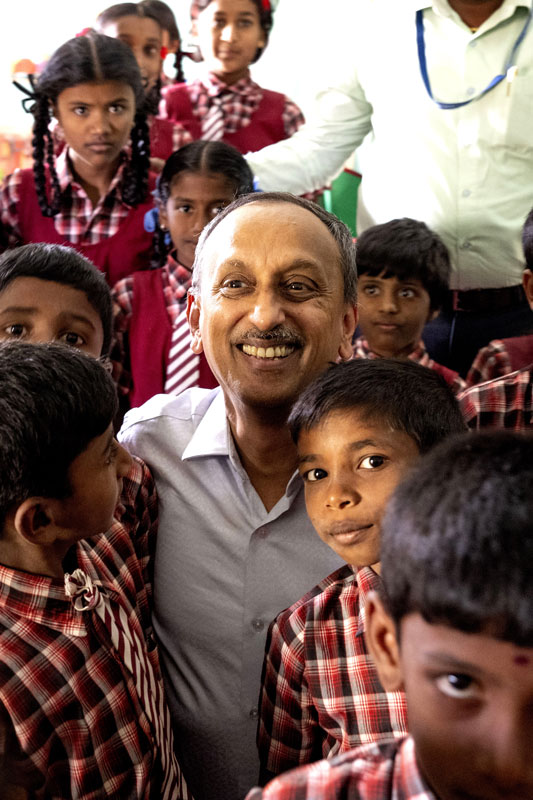
Ashok Kamath
Akshara Foundation
Akshara Foundation is an organization that is improving learning outcomes in primary schools by redesigning the pedagogy of the public education system in India through the Karnataka Learning Partnership method: innovation in mathematics education.
The program is implemented in over 50,000 public schools in India, reaching millions of students. It employs an approach that blends abstract understanding and concrete experience with numbers and calculations, making the dive into the dynamics of mathematics and geometry more effective and enjoyable.
There are fascinating kits for in-person classes and 275 small online games for exercises. Ashok is building a network of local champions who mobilize community and political participation in public education to achieve a strong mathematical foundation.
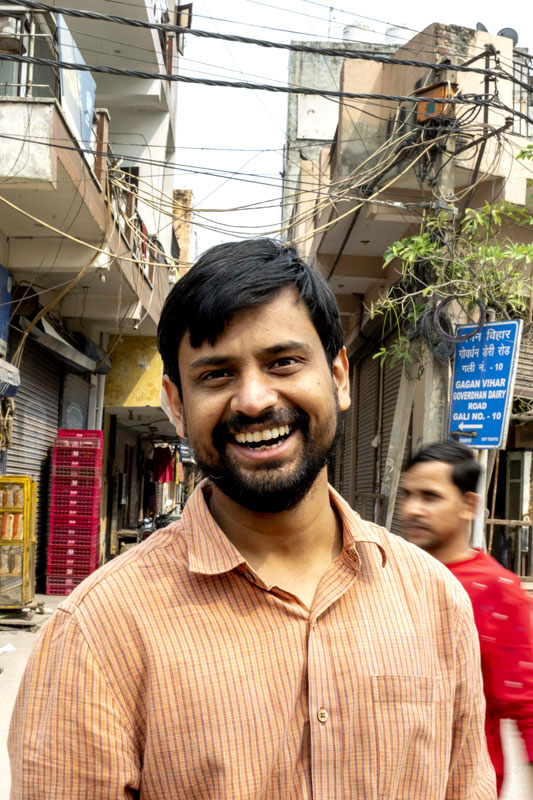
Saransh Vaswani
Saajha
Saajha, means sharing and companionship in Hindi
“We empower parents, even the illiterate, to be productively involved in the educational process. The project also mobilizes a network of sharing among family members. Mothers and fathers who are already part of the program mobilize and train others”,’ says Saransh Vaswani, the creator of Saajha.
The project already has a network of 70,000 parents (mostly mothers), and the goal is to reach 300,000 by the end of 2024, benefiting 1 million children through the expansion of partnerships with schools. To achieve this, Saajha has developed a collaborative digital platform.
Developing technology skills is an important factor not only for networking but also for boosting self-esteem and reducing generational distance among family members. About 60 daily interactions are made on the platform, and the Saajha team provides assistance to parents at any time of the day or night, including weekends.
The students’ performance has doubled, and the use of the platform is increasing.
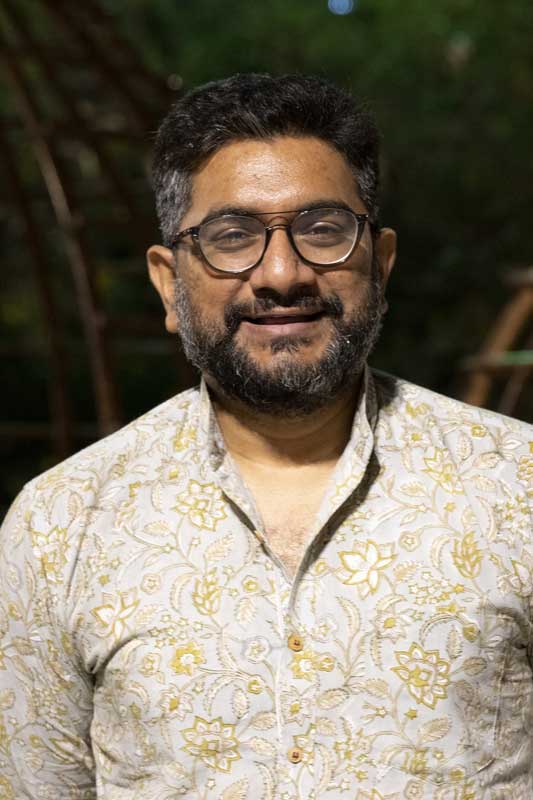
Madhukar Banuri
Leadership For Equity (LFE)
Founder of Leadership For Equity (LFE), a social organization that strengthens the capacity of government school systems in India.
How? By working on people’s delivery capacity; creating policies rooted in children’s needs; and structuring processes that helps government leaders to offer quality at scale.
LFE believes in operating with high levels of empathy and for that, it constantly reflects with government sectors on their most concrete problems and challenges, developing a spirit of leadership and promoting sustainable learning outcomes for India’s most marginalized children.
The organization is co-creating government programs in the areas of teaching development, educational system empowerment and academic governance using technology.
With the support of the Alok Institute, through the Ashoka Fellows network, Leadership For Equity has implemented 3 important steps:
- sessions supporting the well-being and mental health of its employees;
- an annual 3-day retreat with all 80+ team members for reflection, team building, and program impact retrospection;
- hiring learning and development consulting to help project management and field teams empower themselves in key project competencies to improve delivery and effectiveness.
About Ashoka:
Created in 1980 in India, it is considered the 5th NGO with the greatest social impact in the world, according to the Swiss publication NGO Advisor.
Our changemaker community consists of 3,500+ Fellows, 50+ Young Changemakers, 250+ change institutions, and 300+ partners across more than 90 countries. Together, they form a strong, diverse and vibrant ecosystem of change agents collaborating and co-leading to positively transform societies and cultures around the world.
→ 83% of Ashoka Fellows change systems nationwide 10 years after the election.
→ 57% change national policy within 5 years after the election.
→ 91% of Ashoka Fellows’ ideas are replicated by other groups.

